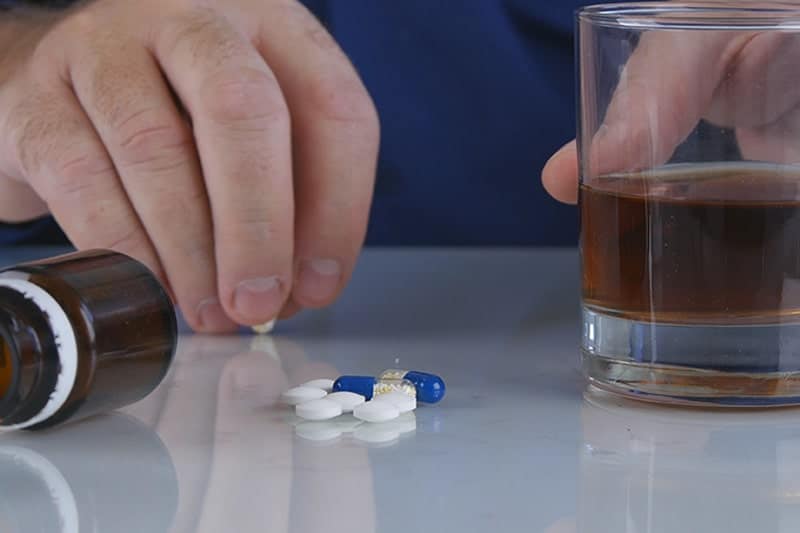Bystolic and Alcohol: What You Need to Know
Bystolic is a medication frequently prescribed to manage high blood pressure. As a beta-blocker, it works by blocking specific neurotransmitters in the body, such as epinephrine and norepinephrine, which play a role in increasing blood pressure. For more information, you can visit blood pressure medications.
A common question among patients taking Bystolic is whether it is safe to consume alcohol while on this medication. This article will explore the interactions between Bystolic and alcohol, providing essential information that patients should consider.
Bystolic and Alcohol Interaction
First and foremost, it’s crucial to understand that alcohol can significantly impact blood pressure. Consuming alcohol can cause a temporary spike in blood pressure, which is particularly hazardous for individuals with existing hypertension. Furthermore, alcohol can reduce the efficacy of blood pressure medications, including Bystolic.
Beyond its impact on blood pressure, alcohol can also interact with Bystolic in other ways. Bystolic is processed by the liver, and alcohol can disrupt the liver’s ability to metabolize the medication effectively. This interference can result in higher concentrations of Bystolic in the bloodstream, increasing the risk of adverse side effects.
Side Effects
Some of the most common side effects of Bystolic include:
- Dizziness
- Fatigue
- Nausea
- Headache
- Insomnia
- Increased heart rate
- Lightheadedness
- Inability to focus
Consuming alcohol can intensify these side effects, making them more severe and challenging to manage.
Is it Safe?
The safest course of action is to avoid alcohol while taking Bystolic. Physicians generally recommend either abstaining from alcohol altogether or significantly limiting its intake. If you find it difficult to avoid alcohol, it is vital to stick to the recommended upper limits to prevent undesirable interactions.
Bottom Line
Bystolic is an effective medication commonly used to treat high blood pressure. However, patients must be mindful of the potential interactions between Bystolic and alcohol. Anyone taking Bystolic should consult their doctor about their alcohol consumption to determine whether it’s safe. By taking these precautions, patients can help ensure their treatment remains both safe and effective.
